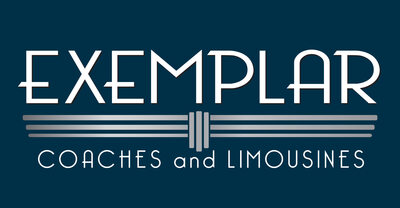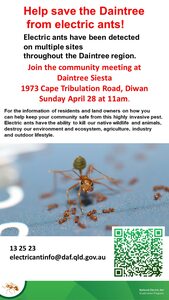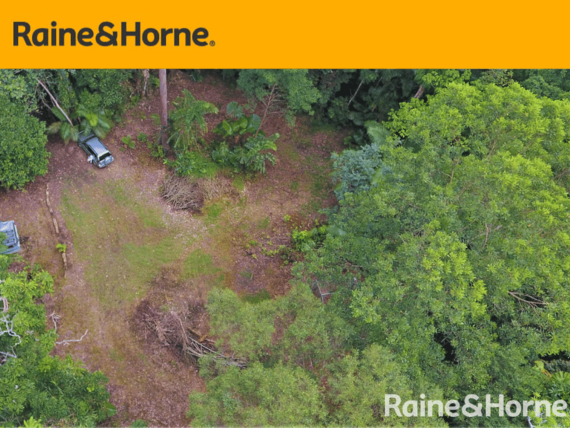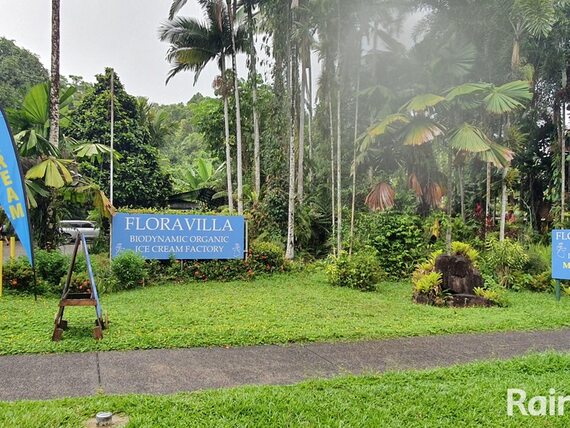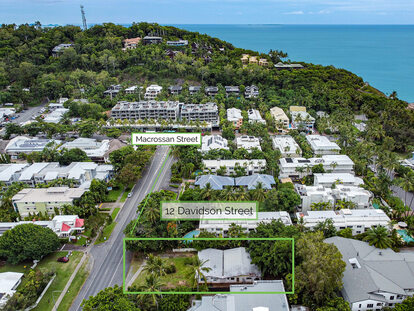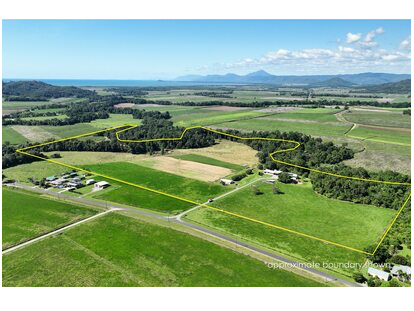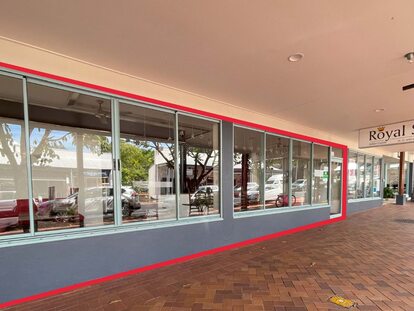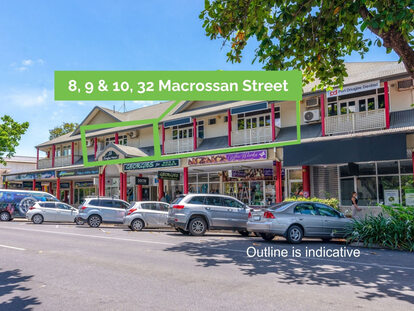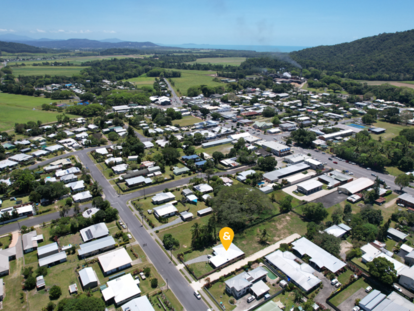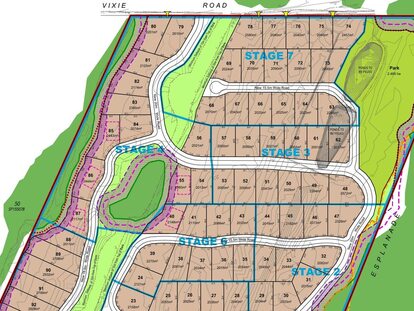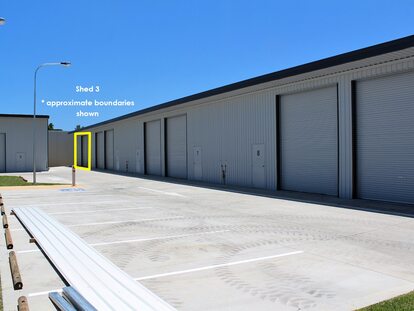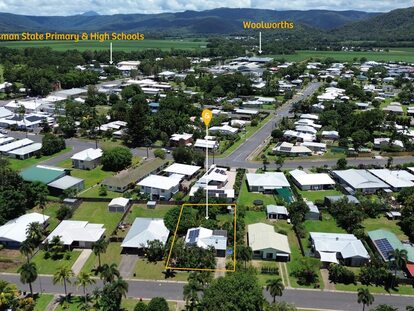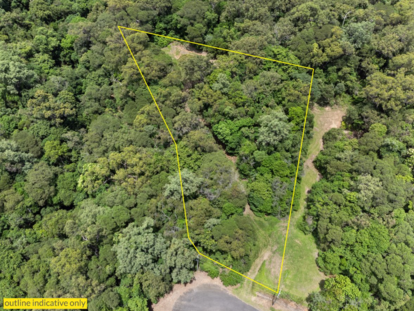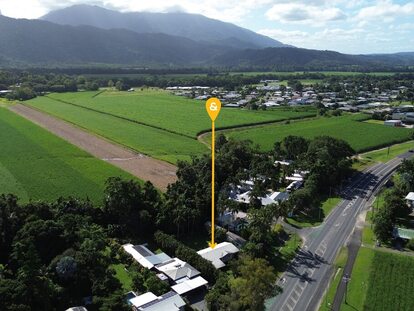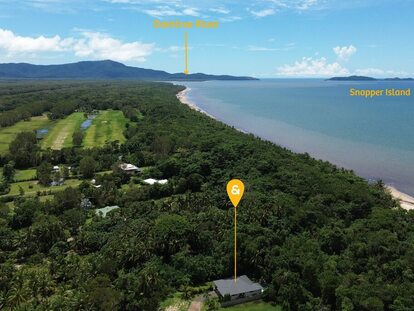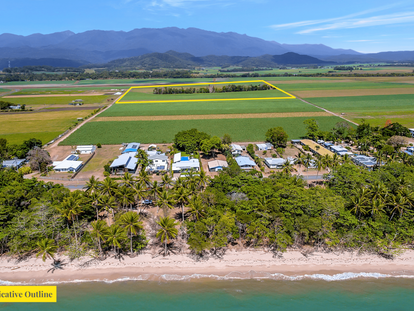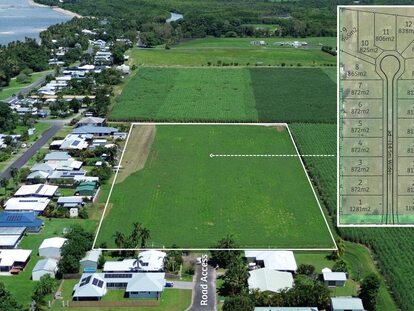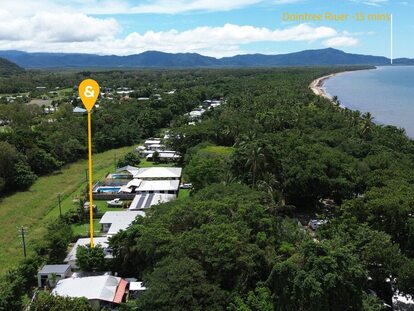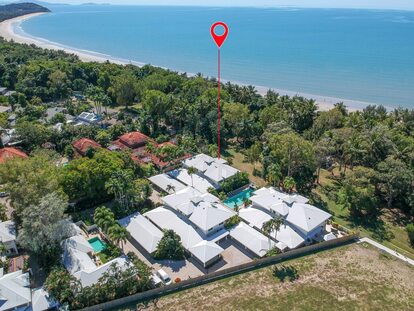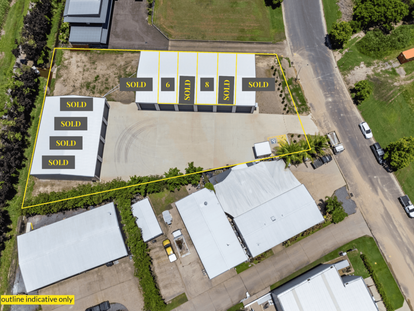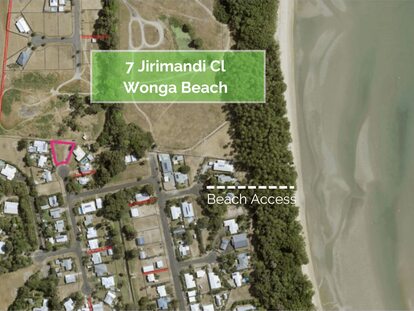Restrictions for those not fully vaccinated
Covid-19 Public Health & Social measures
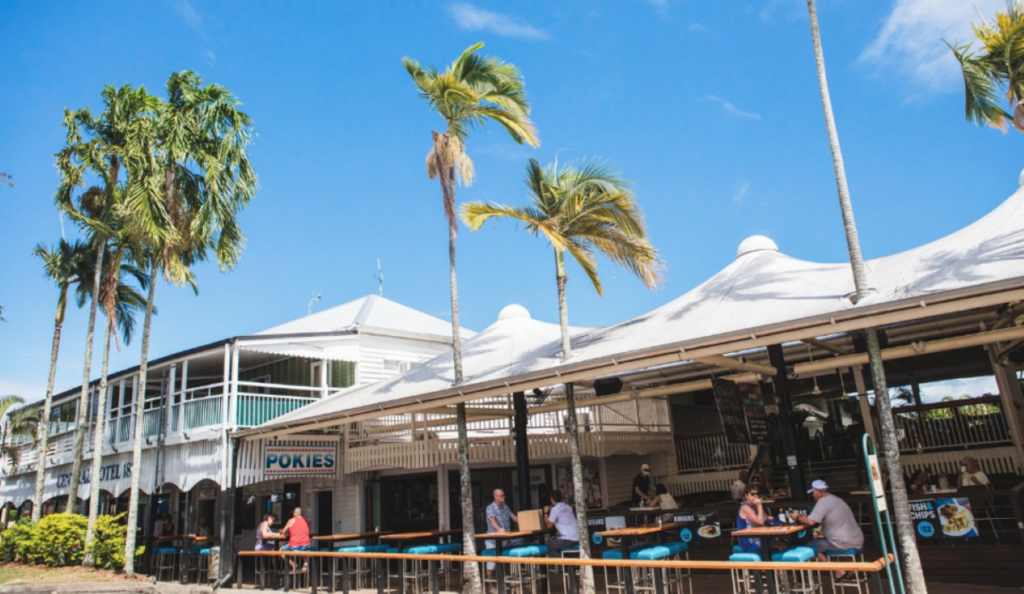
From today, 17 December, restrictions on businesses will be further eased. Many businesses and venues will be able to return to operating at full capacity.
However, there will be restrictions on people who are not fully vaccinated.
With the easing of border restrictions, COVID-19 will start to circulate in the community. To ensure we don’t overwhelm our hospital system when we have outbreaks, some restrictions on unvaccinated people are necessary.
Queensland Health has assembled the following which will provide a clear understanding of how everyone in the community starting today, 17 December.
Eased restrictions for businesses
There will be no capacity restrictions on businesses that are only permitted to allow fully vaccinated people to attend, including:
- hospitality venues such as pubs, clubs, taverns, bars, restaurants, cafes and fast food outlets
- indoor entertainment venues such as nightclubs, live music venues, karaoke bars, concerts, theatres or cinemas, casinos
- outdoor entertainment activities such as sporting stadiums or theme parks
- festivals – either indoor or outdoor – such as musical festivals, folk festivals or arts festivals
- activities – either indoor or outdoor – such as convention centres and showgrounds
- Queensland Government owned galleries, museums or libraries
Venues used for private hire will have no capacity limit if people attending are fully vaccinated. However, if there is a person attending who is not fully vaccinated, COVID-19 density restrictions will apply. This means a maximum of 20 people or 1 per 4 square meters, whichever is less.
Collection of contact information by business operators
A business operator must collect contact information, proof of vaccination or evidence of medical contraindication from all staff, guests and patrons when entering an establishment by using the Check In Qld app.
If a business operator cannot use the Check In Qld app, they must use alternative measures to record the contact information details.
Obligation of staff
Any member of staff must give their contact information, proof of COVID-19 vaccination or evidence of medical contraindication by using the Check In Qld app or another measure of record keeping before entering their place of work.
A staff member is not required to give their contact information, proof of vaccination or evidence of medical contraindication if they are:
- under the age of 16 years
- entering to provide emergency services
- exercising law enforcement
- at risk of safety.
Community responsibilities
A person must give their contact information, proof of COVID-19 vaccination or evidence of medical contraindication by using the Check In Qld app or another measure of record keeping before entering a business establishment.
A person may give these entry requirements on behalf of another person who:
- is under the age of 16 years
- has a disability
- speaks a language other than English and is unable to understand the Check In Qld app.
A person is not required to give their contact information, proof of vaccination or evidence of medical contraindication if they are:
- under the age of 16 years
- in primary or secondary school is part of a group attending an activity organised by a school, sporting team or community group
- exercising law enforcement
- at risk of safety.
Restrictions for unvaccinated people
From today 17 December unvaccinated people will be unable to:
- visit vulnerable settings, including hospitals, residential aged care, disability accommodation services, and prisons. This does not apply to residents and patients of these facilities, and there will be some exceptions for medical treatment, end-of-life visits, childbirth and emergency situations
- attend hospitality venues such as hotels, pubs, clubs, taverns, bars, restaurants or cafes
- attend indoor entertainment venues such as nightclubs, live music venues, karaoke bars, concerts, theatres or cinemas
- attend outdoor entertainment activities such as sporting stadiums, theme parks or tourism experience like reef excursions
- attend festivals – either indoor or outdoor – such as musical festivals, folk festivals or arts festivals
- attend Queensland Government owned galleries, museums or libraries.
If anyone attending a wedding is unvaccinated, it is restricted to a maximum of 20 people.
Funerals will not be limited to only vaccinated people. This is because funeral sometimes occur at short notice and often under difficult circumstances making it hard to ensure all attendees are vaccinated.
However, funerals will still be required to comply with occupant density limits and caps on attendees to minimise the risk of transmission.
These restrictions target non-essential leisure activities which are not essential for people to meet their basic needs, but present a considerable risk to contributing to an outbreak in our community when our borders reopen.
Visitor restrictions to paediatric healthcare settings
There will be visitor restrictions for unvaccinated people in vulnerable facilities including hospitals and healthcare facilities.
These restrictions will not apply to:
- patients
- vaccinated parents, carers or guardians
- families accessing emergency or end of life care for a child or young person.
No child or young person or their parent, carer or guardian will be denied access to care or treatment based on their vaccination status.
We recognise that children and young people generally present to hospital and other healthcare services with a parent, carer or guardian and will ensure that family support is continued in a COVID-safe way.
There will be some restrictions for unvaccinated parents, carers and guardians accompanying a child or young person to healthcare facilities. These include:
- Only one unvaccinated parent, carer or guardian can accompany a child or young person to an appointment or admission.
- An accompanying unvaccinated parent, carer or guardian must wear a single-use surgical face mask and will be required to limit their movements to areas where they can safely physically distance from others.
- The unvaccinated accompanying parent, carer or guardian must have a COVID-19 test within 24 hours of entering the hospital for all admissions.
There may be situations that require special consideration which will be worked through on a case-by-case basis as required. This includes an exemption request for a second parent, carer or guardian to attend an appointment or admission.
There are no restrictions for unvaccinated siblings and other visitors under 16 years of age.
The safety of patients, families and staff is a priority, and ongoing infection control measures will ensure safe, timely and consistent access to healthcare for children and young people throughout the next stage of the COVID-19 pandemic.
Essential services and activities
Both fully vaccinated and unvaccinated people will be able to access essential services and activities.
This means unvaccinated people will still be able to go to grocery stores, pharmacies, post offices, news agents and clothing stores, and participate in activities like going to the gym for exercise.
Capacity restrictions may still be in place at these types of businesses.
People will still need to check-in to venues. This is important to support contact tracing if there is a case at a venue. Vaccinated people can still carry the virus, although the risk is reduced.
Fully vaccinated
Fully vaccinated means a person has had the required two doses of an approved COVID-19 vaccine by 16 December 2021. It does not include a booster shot or a two-week wait after the second dose.
If you are already required to be vaccinated by an earlier date under another public health direction or the Health Employment Directive, you must be vaccinated by the earlier date.
Proof of vaccination
Proof of vaccination verifies that a person is fully vaccinated. You must show either a printed or electronic form before entering a business establishment or venue.
There are 3 different types of proof available that you can get for free:
- a COVID-19 digital certificate
- your immunisation history statement (IHS)
- an International COVID-19 Vaccination Certificate for overseas travel.
The COVID-19 vaccination certificate can be viewed or printed through:
- Medicare Online via MyGov
- Express Plus Medicare mobile app
- My Health Record
How to add your proof of vaccination status to the Check in Qld app.
Exemption from COVID-19 vaccination
The persons who are exempted from getting a COVID-19 vaccination include those who have medical contraindications
A person who cannot be vaccinated must show an evidence of contraindication. This is a medical certificate stating that a person is exempted from getting a COVID-19 vaccination. This can be downloaded from the Australian Immunisation Register.
A legally qualified medical practitioner is required to complete the medical exemption form and record this on the Australian Immunisation Register.
A person that has evidence of a medical contraindication will be treated as if they are fully vaccinated and may be permitted to enter and remain in business venues with eased restrictions for fully vaccinated people.
Further information
Public Health and Social Measures linked to vaccination status Direction
Thank you!
Newsport thanks its advertising partners for their support in the delivery of daily community news to the Douglas Shire. Public interest journalism is a fundamental part of every community.
Got a news tip? Let us know! Send your news tips or submit a letter to the editor here.
* Comments are the opinions of readers and do not represent the views of Newsport, its staff or affiliates. Reader comments on Newsport are moderated before publication to promote valuable, civil, and healthy community debate. Visit our comment guidelines if your comment has not been approved for publication.



